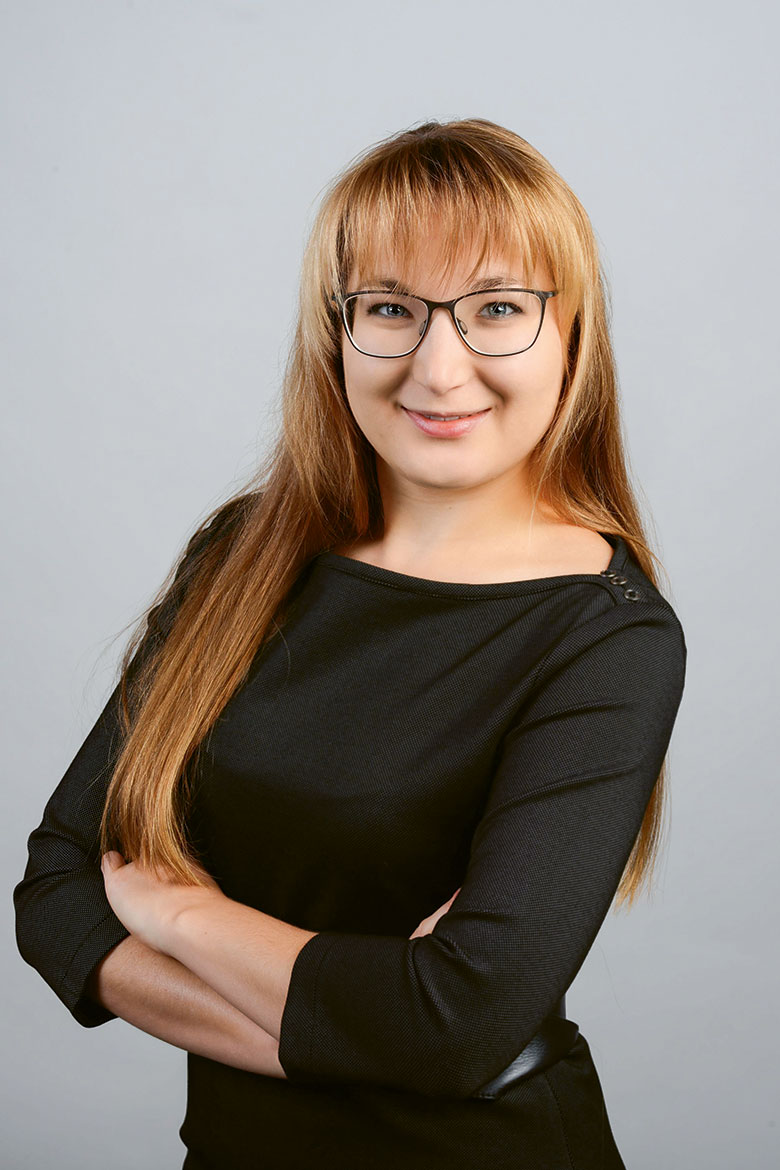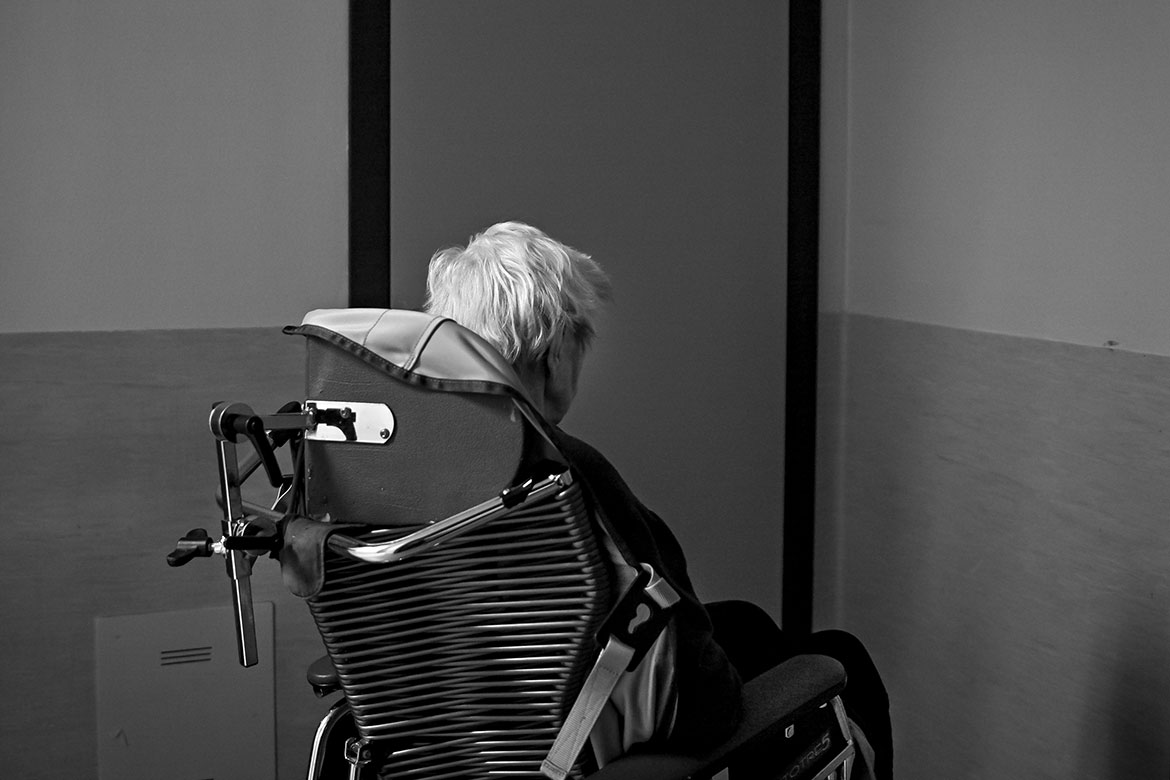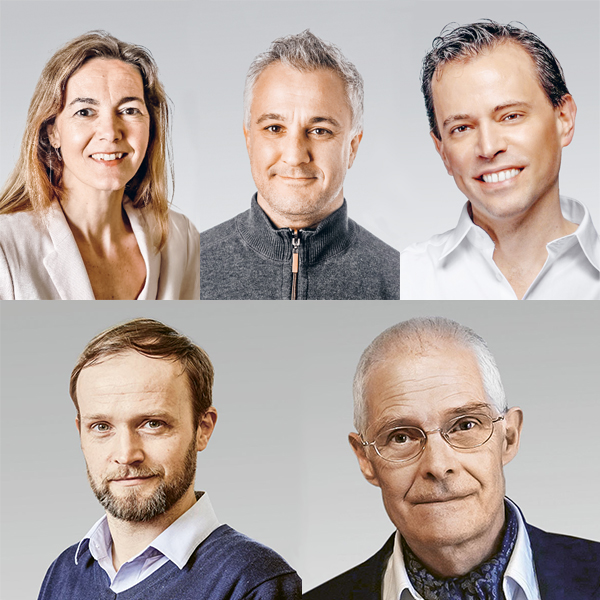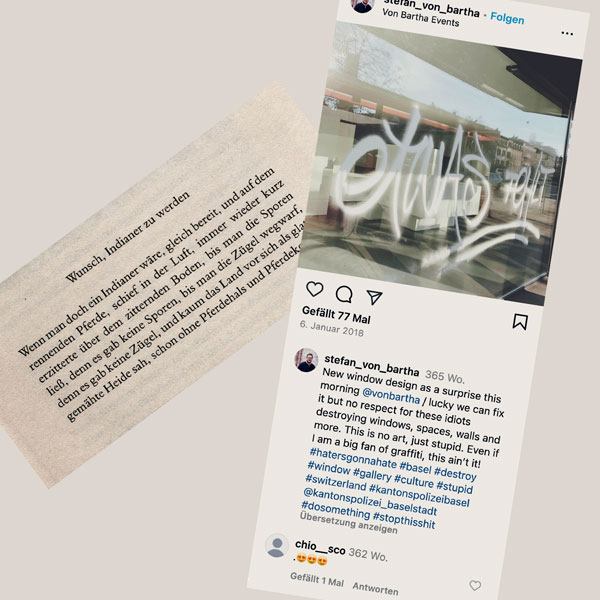Point of view
“I think it’s crass when people use false information in politics”
Catherine Gilbert has been working as a verification officer for the Swiss news agency Keystone-SDA since October 2020. Her job was an innovation at that time.

Catherine Gilbert tracks down false statements on Facebook and Instagram, and proves why they are false. | Image: zVg
Catherine Gilbert, what does a verification officer actually do?
I check the correctness of claims made in social media posts. We do fact-checks mostly for Meta, and work in close cooperation with the German Press Agency DPA and the Austrian Press Agency APA. In 2022, we also offered training courses on digital verification for Swiss media professionals. That project was supported by Google.
How do fact-checks function?
We receive suspicious posts from Meta’s artificial intelligence, and we also do our own research. We verify factual claims. Our research results are then published online and linked to the social media post in question.
You often also link to scientific studies. How do you proceed in those cases?
We look to see if the person responsible for the post has a connection to certain social movements. Some of the studies that are cited are so technical that we can’t understand them, so we have to consult experts. In this way, we are often able to point out that a certain statement has been misinterpreted. During the pandemic, preprints without any peer review were a big problem for us. The authors could have come from completely different fields and have nothing to do with the discipline of the actual paper.
How many people work in your verification team?
Including the DPA and APA, we are about 30 fact-checkers in total. Right now, I’m still the only one in Switzerland. But we support each other a lot and work as a team.
How is your work financed at Keystone-SDA?
Mostly by the tech companies themselves. This is why we’re trying to broaden our service offerings. For many companies, credibility is a core issue. There’s also a lot of interest in doing courses on the topic.
What can the rest of us do to recognise disinformation better?
You’ve got to be critical, think logically, and consult other, reputable sources. Incidentally: Most people consume social media content on their mobile phones. But everything is so small on the screen that it’s very difficult to recognise errors. That means images and videos that have been manipulated are most likely to slip through.
Your work is a drop in the ocean. How do you stay motivated?
(Laughs) My job is really interesting because you’re always learning something new in terms of content and technology. I think it’s crass when people use false information in politics. My work does a lot of good, because our fact-checks can expose false claims and help us all to classify information better.




